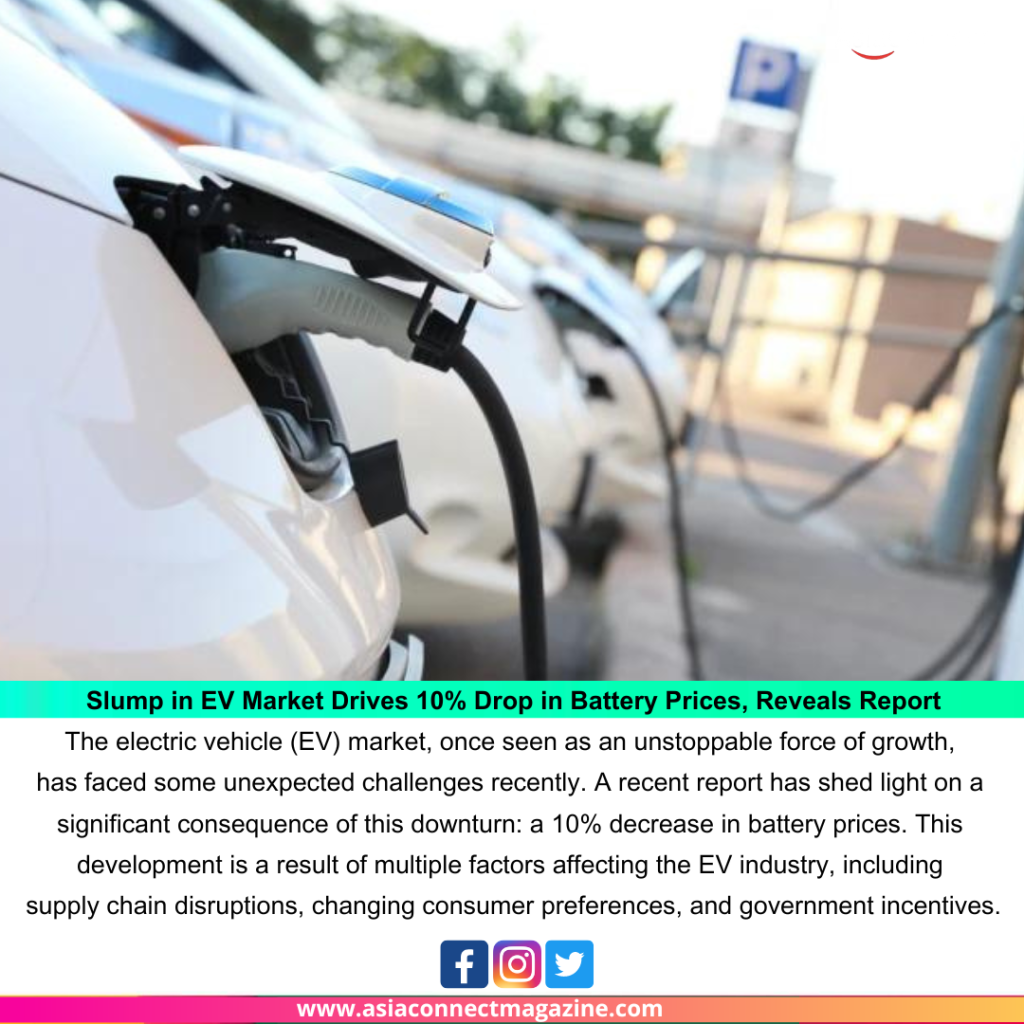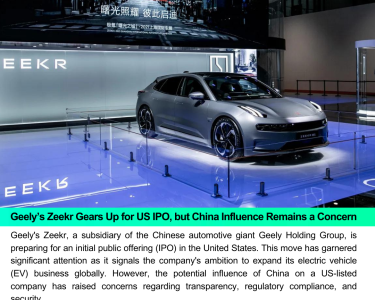
Title: EV Market Slump Leads to 10% Decrease in Battery Prices, Report Found
The electric vehicle (EV) market, once seen as an unstoppable force of growth, has faced some unexpected challenges recently. A recent report has shed light on a significant consequence of this downturn: a 10% decrease in battery prices. This development is a result of multiple factors affecting the EV industry, including supply chain disruptions, changing consumer preferences, and government incentives.
The global EV market has been on an upward trajectory for several years, driven by concerns over climate change, air pollution, and a growing interest in sustainable transportation. Automakers worldwide were investing heavily in electric vehicle technology, and governments were providing incentives to both manufacturers and consumers to promote EV adoption.
However, the industry landscape has shifted in recent times. The COVID-19 pandemic disrupted supply chains, leading to component shortages and manufacturing delays. At the same time, rising inflation and economic uncertainty have impacted consumer spending. These challenges have combined to create a significant slump in the EV market.
As a result, the report indicates that battery prices have dropped by 10%. This decline is notable as batteries are one of the most expensive components of an electric vehicle, accounting for a substantial portion of the overall cost. Lower battery prices can make electric vehicles more affordable and appealing to a broader range of consumers.
One of the key drivers of the battery price decrease is the surplus supply of batteries in the market. Manufacturers, anticipating robust demand, had ramped up production capacity in the preceding years. However, the slowdown in EV sales has created an oversupply situation, leading to a decrease in battery prices as companies seek to clear excess inventory.
Government policies have also played a role in the reduction of battery prices. In response to the EV market’s slump, some governments have increased incentives for consumers to purchase electric vehicles. These incentives can include tax credits, rebates, and reduced registration fees. Such policies aim to stimulate demand and revive the EV market.
The report further highlights how automakers are adapting to the changing landscape. Many companies have diversified their product portfolios to include hybrid vehicles and plug-in hybrids, which combine gasoline engines with electric propulsion. These offerings provide consumers with more options and flexibility, especially those who may be hesitant to make a full transition to electric vehicles.
In addition to the decrease in battery prices, automakers are investing in research and development to improve the efficiency and range of electric vehicles. These advancements are critical for overcoming some of the perceived limitations of EVs, such as range anxiety and charging infrastructure concerns. As technology evolves, EVs are becoming more practical and appealing to a broader range of consumers.
Despite the challenges, the report suggests that the long-term outlook for the EV market remains positive. Concerns about environmental sustainability and the need to reduce greenhouse gas emissions are driving continued interest in electric vehicles. Additionally, governments worldwide are setting ambitious targets to phase out internal combustion engine vehicles, further promoting the adoption of EVs.
In conclusion, the recent 10% decrease in battery prices as revealed by the report is a reflection of the evolving dynamics in the electric vehicle market. While the industry is currently facing headwinds due to supply chain disruptions and changing consumer preferences, it is adapting to the challenges and remains committed to advancing sustainable transportation. Lower battery prices, government incentives, and ongoing technological advancements are expected to contribute to the eventual resurgence of the EV market, positioning it for long-term growth and sustainability.




